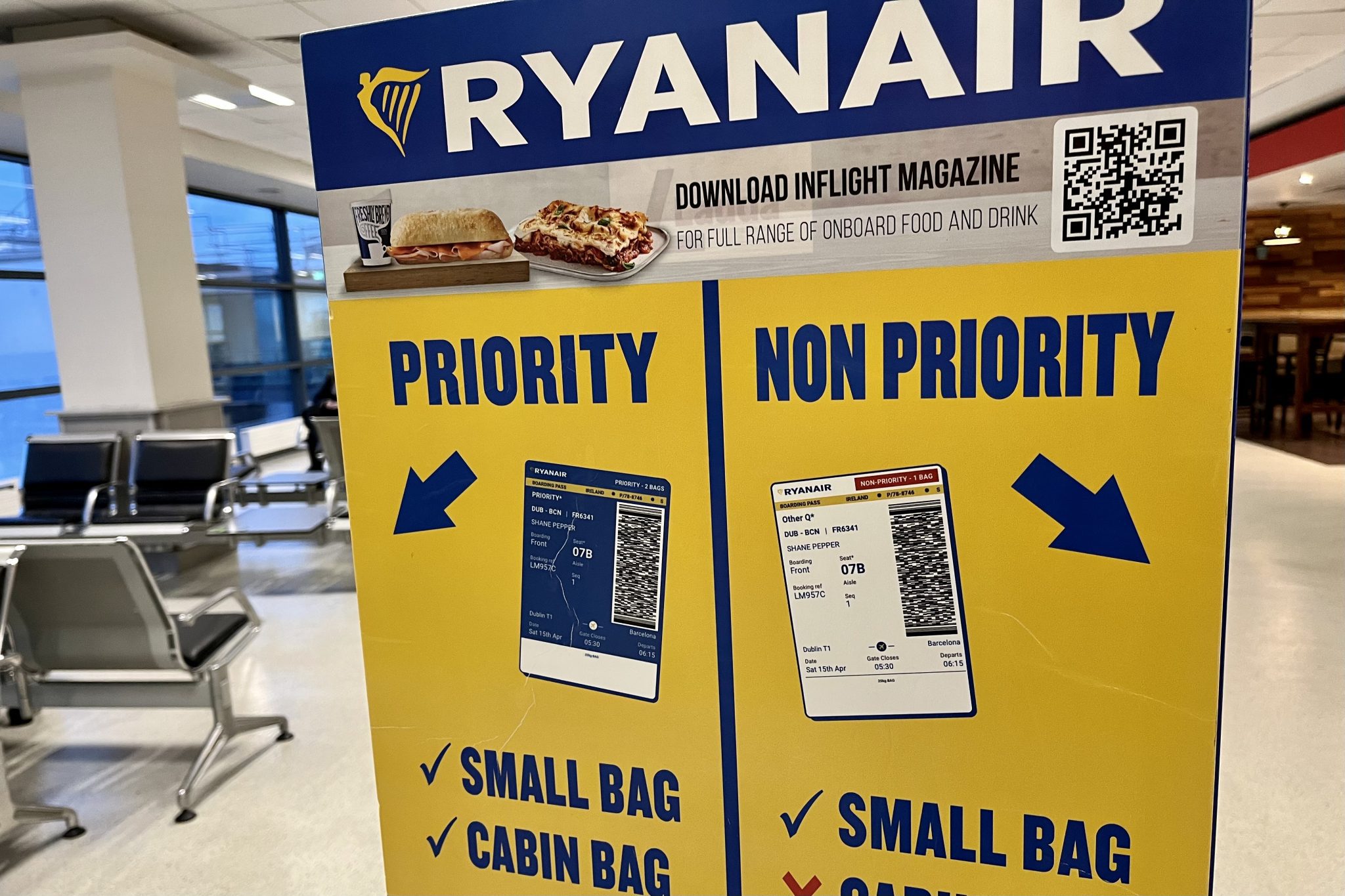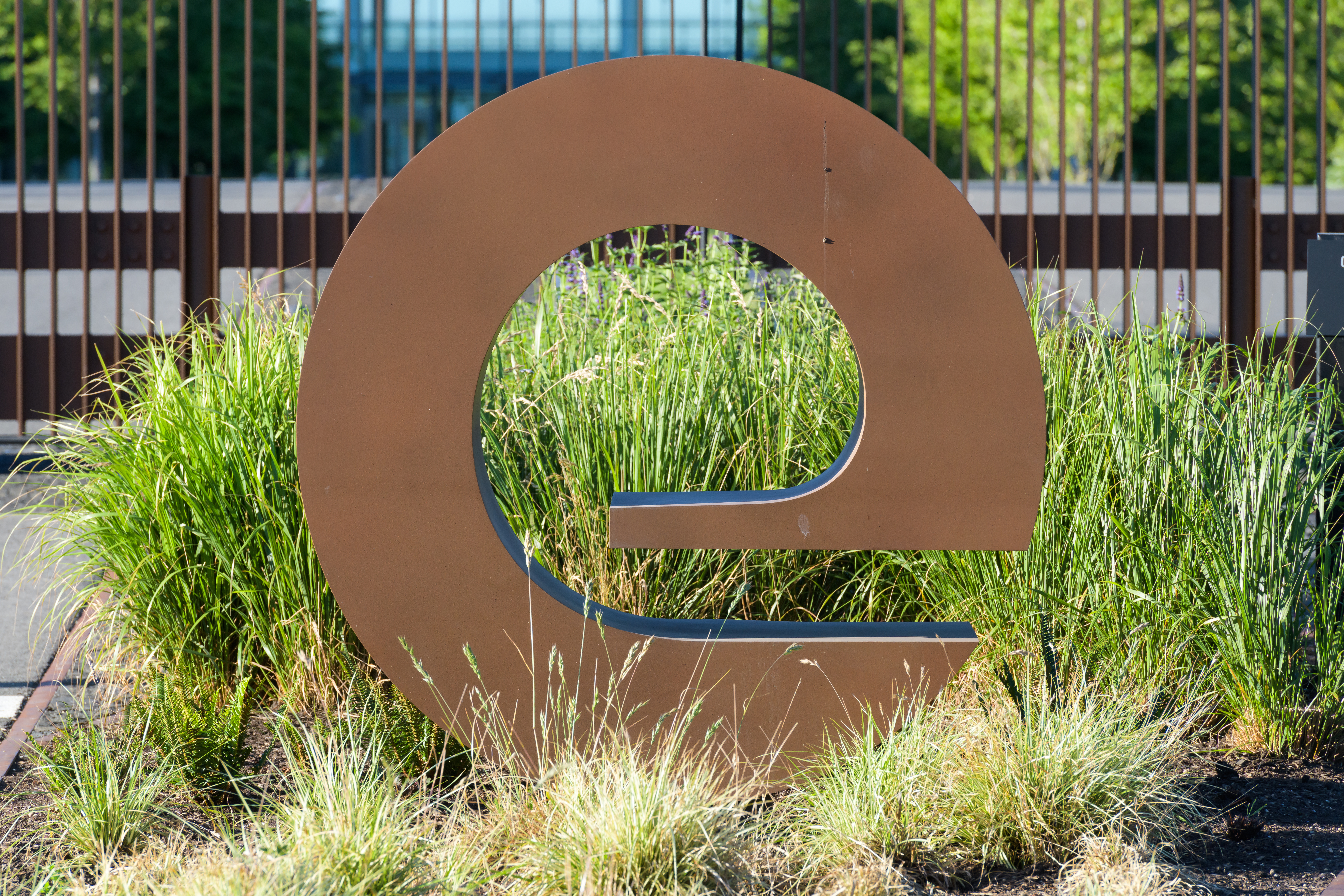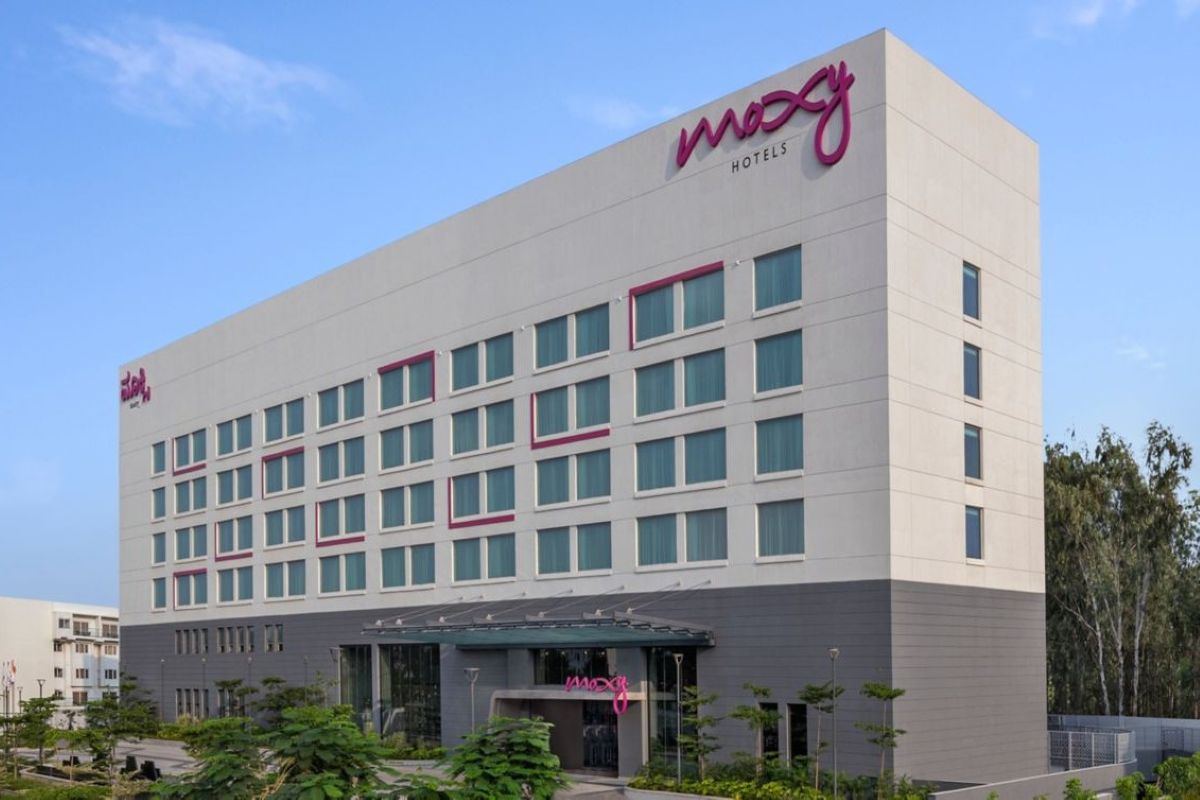Hilton CEO: 'Quality' Trumps 'Quantity' and Direct Bookings Are Growing

Skift Take
In a conference call discussing first quarter earnings on April 27, Hilton Worldwide CEO Christopher Nassetta not only beamed about the success of Hilton's direct booking war efforts against the online travel agencies, but he also took a few stabs at the upcoming Marriott-Starwood merger.
"We're in the game of quality at this size, as opposed to quantity," he said at one point when asked for his thoughts about the Marriott-Starwood merger's impact on Hilton.
Additionally, he gave plenty of insights into the company's business and future strategies, from its planned spinoffs and the rapid growth of the Tru by Hilton Brand, as well as the company's future plans to experiment, once more, with cancellation fees.
Here are the highlights:
"Stop Clicking Around" Appears to Be Working
Nassetta emphasized the importance of Hilton's "Stop Clicking Around" global marketing campaign, its largest ever, which represented the company's entry into the direct booking wars against third-party distribution sites and online travel agencies (OTAs). The campaign, which debuted in February, encourages guests to become Hilton HHonors loyalty members so they can book the lowest possible room rates on Hilton.com instead of turning to sites like Booking.com or Expedia.
"Early results are very positive," he said in his prepared remarks, "with HHonors enrollments increasing nearly 90 percent since the launch, helping drive HHonors occupancy to a record 55 percent in the quarter, an increase of 4 points versus last year." He also said, "The share of Web direct channels in our distribution mix is growing five times that of the OTAs' share growth in the quarter, and business generated from our mobile app is up nearly 150 percent year over year, with downloads exceeding 70,000 a week, an increase of 200 percent over last year."
Nassetta seemed much more confident in touting the strength of Hilton's campaign and its direct booking efforts on the call than he did on April 6 at the World Travel & Tourism Council Global Summit in Dallas. At that time, he made remarks that were much more conciliatory to Hilton's "good partners," the OTAs.
Later in the earnings call, Nassetta said direct channels (referring specifically to Hilton.com and the Hilton app) accounted for 25 percent of Hilton's business, while "OTAs are, plus or minus, 10 percent of our business." He also added, "The direct channels are significantly larger than those channels and they are growing at a much faster pace."
However, those figures seem to veer widely from industry averages that usually peg OTAs as comprising at least 20 percent of a hotel company's distribution business.
Marriott and Starwood? No Big Deal
When asked about the potential impact of Marriott's acquisition of Starwood on Hilton's business, Nassetta seemed to suggest he was (1) happy that Hilton never got heavily involved in bidding for Starwood and (2) that Hilton is big enough to compete with the combined company.
"I don't want to get snarky about what our competitors our doing," he said. "We have a chosen a path, proactively, which is a different path than others, including them, have taken. That started with the fact that we did not get involved in the process last summer when Starwood put themselves in play."
Instead, Nassetta said, Hilton is more focused on its "pure-bred brands" and making sure they are "segment leaders and "category killers." He later said, "We chose not to want to have the distractions that would come along with doing something like that," referring to what Marriott will contend with in integrating Starwood's brands.
And although Marriott-Starwood, or "Marwood," as Nassetta referred to them at one point during the call, will be the biggest in terms of size once their merger is complete, he is not concerned. "In terms of scale, and I've said this before, we are in a business where scale matters. We think we have enough scale. My attitude, our attitude, at this point when you have an existing system and pipeline that's 1.1 million rooms, we are big enough. We're in the game of quality at this size, as opposed to quantity."
Spinoff Leadership Revealed
Hilton is proceeding with its plans to spin off its hotel properties and timeshare business in an effort to boost value to its shareholders, which it initially announced in February. The resulting spinoff would lead to the creation of a publicly traded real-estate investment trust (REIT) and a separate timeshare business, Hilton Grand Vacations.
Today, the company announced the appointment of Thomas J. Baltimore Jr. as president and CEO of the REIT, and Sean M. Dell'Orto as CFO. To become president and CEO of the REIT, Baltimore has resigned as president and CEO of RLJ Lodging Trust, a publicly traded REIT that Baltimore co-founded with Robert L. Johnson. Dell'Orto currently serves as Hilton's senior vice president and treasurer.
"Tom was the No. 1 top person on our list," Nassetta said. "We couldn't be more pleased he would come to provide leadership for our new REIT."
Cancellation Fees Will Come Back
Even though customers "unsurprisingly hated" Hilton's November experiment with guest cancellation fees, Nassetta reiterated that the company still plans to explore the possibility of "different approaches" to it.
Growth Being Driven by New Properties, Tru by Hilton
A robust pipeline and the openings of new properties are driving a lot of growth for Hilton as well. The company saw a 5 percent increase in the amount of money collected from management and franchise fees to $409 million compared to the same period last year, and net unit growth grew by 6,500 rooms in the first quarter, up 16 percent from last year. It also approved 26,000 new rooms for development in the first quarter, a 14 percent increase from 2015, bringing Hilton's total pipeline to 1,729 hotels, or 281,000 rooms.
The growth of the Millennial-friendly, midscale Tru by Hilton brand is especially noteworthy, said Nassetta. "We've averaged one Tru deal per day, and we now have 48 in the pipeline and 170 more committed or in progress." Nassetta credited a lot of the brand's growth to existing Hampton Inn by Hilton owners and said Tru was "the fastest growing new development brand launch in U.S. lodging history."
Corporate Travel Is Weak, But Group Business Is Stronger
As many of Hilton competitors have also noted, business has been weak in oil-producing markets. Somewhat relatedly, corporate transient travel was, overall, weak for Hilton in the first quarter, although group business was relatively much better, system-wide, and especially in the U.S.
Nassetta said that the weakness in corporate transient travel "had to do with the fact that the world froze up because of fears of what would happen with China's economy" as well as terrorism-related concerns in Paris and Brussels. "That drove the equity capital market down, and there was a lot of fear in the end of last year and the first couple of months this year."
Despite the freeze, Nassetta said he sees the overall global economic situation to be "thawing" and that he expects better numbers for the rest of the year.
With regard to group business, he said, "[Group] continues to not only be good in terms of position but pace is also good. April feels really darn good." He noted strong group business for Hilton in Hawaii, Northern California, and Orlando, as well as in a few key markets in China.
Consolidation Will Continue
Even if Hilton won't pursue a big consolidation strategy similar to Marriott's, Nassetta said, "I think you will continue to see more of it. There aren't tons of logical combinations when you really dig into it, but we're at that stage in the cycle."
He added, "It'd be surprising to me if you didn't continue to see some incremental merger and acquisition activity."
Nassetta's prediction came true. Just hours after Hilton's earnings call, news broke that China's HNA Group had purchased privately held Carlson Hotels for an undisclosed sum.




